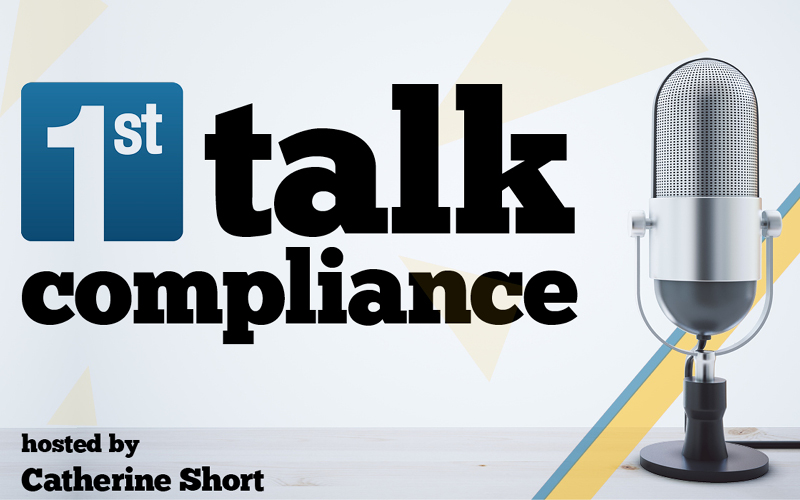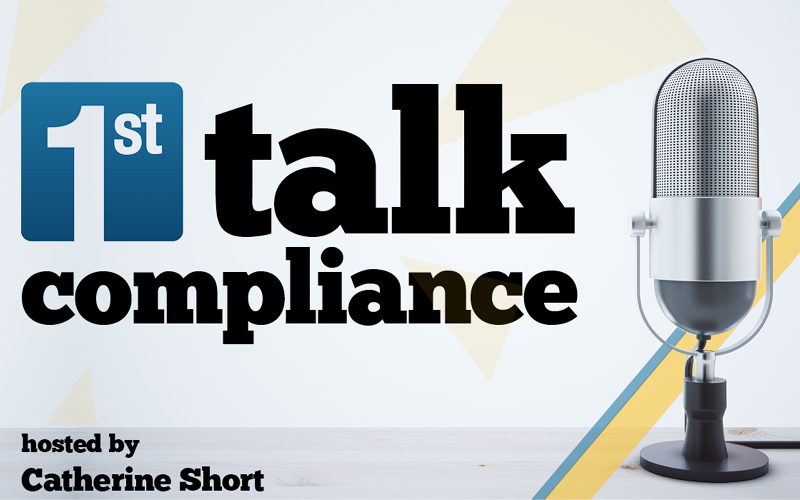Does The Sunshine Act Apply To You?
Are you a licensed physician in the US?
If the answer is yes and you are not a medical resident then The Physician Payments Sunshine Act applies to you.
Beginning August 1, 2013, The Physician Payments Sunshine Act OPEN PAYMENTS program requires transparency of any financial interactions between physicians or hospitals with any applicable manufacturers of covered biologicals, pharmaceuticals, medical devices and supplies that participate in federal healthcare programs and any ownership or investment interests in group purchasing organizations (GPO’s).
The term “physician” applies to any actively licensed MD, DO, DCM, DPM, DDS, DMD and OD and does not depend on their enrollment in federal healthcare programs. This OPEN PAYMENTS program applies to any manufacturer that makes at least one product covered by Medicare, Medicaid or CHIP.
The GPO’s and manufacturers are required to collect the information on these financial interactions with physicians/hospitals from Aug 1, 2013- Dec 31, 2013 and report to CMS by March 31, 2014. After the submission to CMS, physicians will have a minimum of 45 days to review these submitted reports and will have the opportunity to dispute any of the information. An additional 15 day window is allowed if there is an unresolved dispute.
Although not required, physicians should register with CMS to receive these reports starting Jan. 1, 2014. These reports will become available to the public beginning Sept. 30, 2014. Even after the reports are made public, a physician may have up to 2 years to continue to dispute information.
Prior to submission of the data to CMS, the physician may contact the manufacturer/GPO’s to see what will be reported and potentially correct any inaccurate information. Updating the physician’s information in the National Plan and Provider Enumeration System is very important to be sure the physician’s name, NPI, address and specialty are correct as this will be the means of physician identification. To ensure accuracy of the reported data, physicians should track their own payments or other transfers of value from manufacturers as well as ownership or investment interests of theirs or their family members have in GPO’s. Family members include spouses, children, parents, in-laws and step-family.
In addition to the physician identifying information, the form of payment, reason for the payment, any contextual information and if applicable the specific covered device, pharmaceutical, supply or biological should be reported for:
Consulting fees
Speaker fee/honoraria for event other than certified accredited CME
Gifts and entertainment
Food and beverage
Travel and lodging
Education
Research
Charitable contributions
Grants
Rental space/fees
Current or prospective ownership or investment interest
Any indirect payment that manufacturer or GPO requires, instructs, directs or causes an intermediary to provide payment or transfer of value to a physician
The following are exempt from reporting:
Certified and accredited CME tuition (excluding travel/lodging)
Honoraria to faculty from manufacturer for grant supporting education activity if certified accredited CME, not a specified faculty and not directly paid
Buffet meals, snacks, soft drinks or coffee in large scale conference setting
Product samples for patient use
Educational materials for patients (excludes textbooks)
Short -term trial of medical device
Replacement of covered device under warranty
Transfer of anything of value when physician is a patient
Discounts/rebates
Items used for charity care
Any dividend in publicly traded security or mutual fund
Payments for employees of manufacturer who offer self-insured plan
Payments for any non-medical professional services provided by the physician as a licensed non-medical professional
Payments for physician’s services with respect to civil or criminal action or administrative proceedings
Delay in publication of up to 4yrs for product that is not yet FDA approved
Anything of value less than $10 unless cumulative 100$/yr.
There is a free mobile app available to help physicians track and store this data at http://go.cms.gov/openpayments
The onus is on the manufacturers and GPO’s to report but every physician should double-check the accuracy of the data prior to it becoming public record.
Resources:
The Physician Payment Transparency Program and Your Practice, S. Agrawal MD, Medscape 2013,
Are you Ready for the National Physician Payment Transparency Program, S. Agrawal MD and P. Budetti, MD, JD Medscape 2013
www.medscape.org
AMA Physicians Preparing for the Sunshine Act webinar April 2013 and Sunshine Act, Physician Financial Transparency Reports April 2013
Sunshine Act and Pharma Best Practices From Your Peers, rxvantage April 2013, www.rxvantage.com



